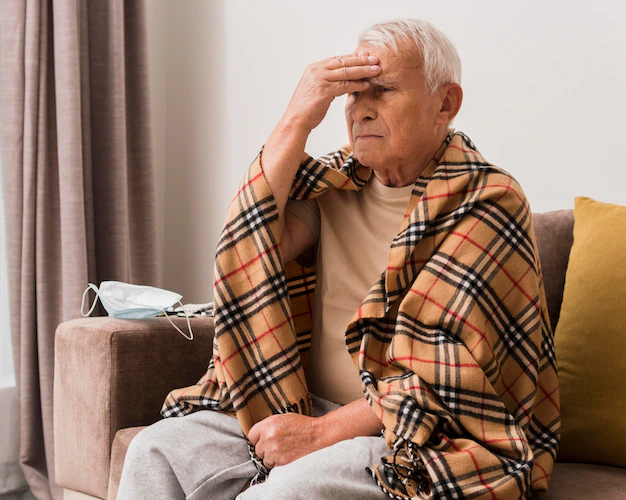Depression After a Stroke

Depression is a common mental health problem that can affect individuals after a stroke. According to research, the incidence of depression following a stroke is as high as 30% in the first year after the stroke.
Depression after a stroke can have significant negative effects on the patient’s recovery and rehabilitation. It can impair the patient’s ability to participate in rehabilitation programs, which can slow their progress in regaining their motor and cognitive abilities. It can also impact their ability to perform activities of daily living, which can further impair their recovery and lead to a poorer quality of life.
The causes of depression after a stroke are not fully understood, but it is thought to be related to the damage to the brain that occurs during a stroke. The emotional impact of having a stroke, such as fear and anxiety about the future, can also contribute to depression.
Treatment for depression after a stroke may include medication, psychotherapy, or a combination of both. Antidepressant medications can be effective in treating depression, but it is important to monitor their use closely, as they can interact with other medications that the patient may be taking. Psychotherapy, such as cognitive behavioral therapy, can also be effective in helping patients cope with their depression and improve their mood.
Overall, depression after a stroke is a common and important issue that requires attention and treatment to ensure that patients have the best chance at recovery and quality of life.
